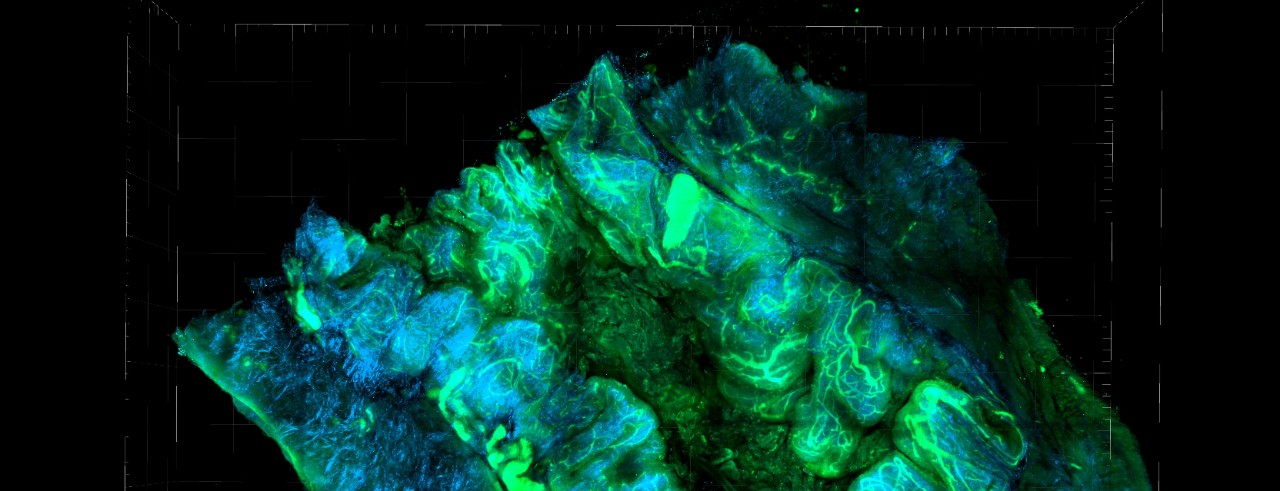
OncLive: ADCs emerge as exciting addition to ovarian cancer treatment
A class of drugs called antibody-drug coagulates (ADC) are designed with a specific target within the tumors that are not present within normal tissue. This targeted approach helps kill tumor cells while sparing healthy cells.
In late 2022, the FDA approved a new ADC called Mirvetuximab Soravtansine-gynx to treat certain types of ovarian cancer. Caroline Billingsley, MD, University of Cincinnati Cancer Center physician and associate professor in UC's College of Medicine, participated in a Q&A with publication OncLive to discuss the current state and future of ADCs in ovarian cancer treatment.
Billingsley said the FDA approval "gives us an exciting option for patients who have already seen a lot of chemotherapy and [experienced] a lot of toxicity.
"This is a drug that we can offer that [has more] limited toxicity and [exhibits] some efficacy. It’s an exciting time to adopt this drug into our treatment lines,” she continued.
Ongoing studies are researching Mirvetuximab Soravtansine-gynx as both a monotherapy and in combination with other treatments, Billingsley said.
"Given that it has a favorable toxicity profile, it’s an ideal drug to combine with other agents," she said.
Featured photo at top of ovarian cancer tumor in animal model courtesy of National Cancer Institute.
Related Stories
OncLive: ADCs emerge as exciting addition to ovarian cancer treatment
January 3, 2023
The University of Cincinnati's Caroline Billingsley, MD, was featured in a Q&A article on OncLive discussing the use of antibody-drug conjugates in ovarian cancer treatment.
55KRC: Late-stage cervical cancers on the rise in U.S.
September 12, 2022
The University of Cincinnati's Thomas Herzog, MD, was featured on 55KRC radio's Simply Medicine program to discuss a recent study that found that metastatic, or advance stage, cervical cancer cases are increasing in the United States.
UC cancer research presented at national meeting
May 26, 2023
University of Cincinnati Cancer Center researchers will present abstracts at the American Society of Clinical Oncology (ASCO) annual meeting 2023, held in Chicago June 2-6.
